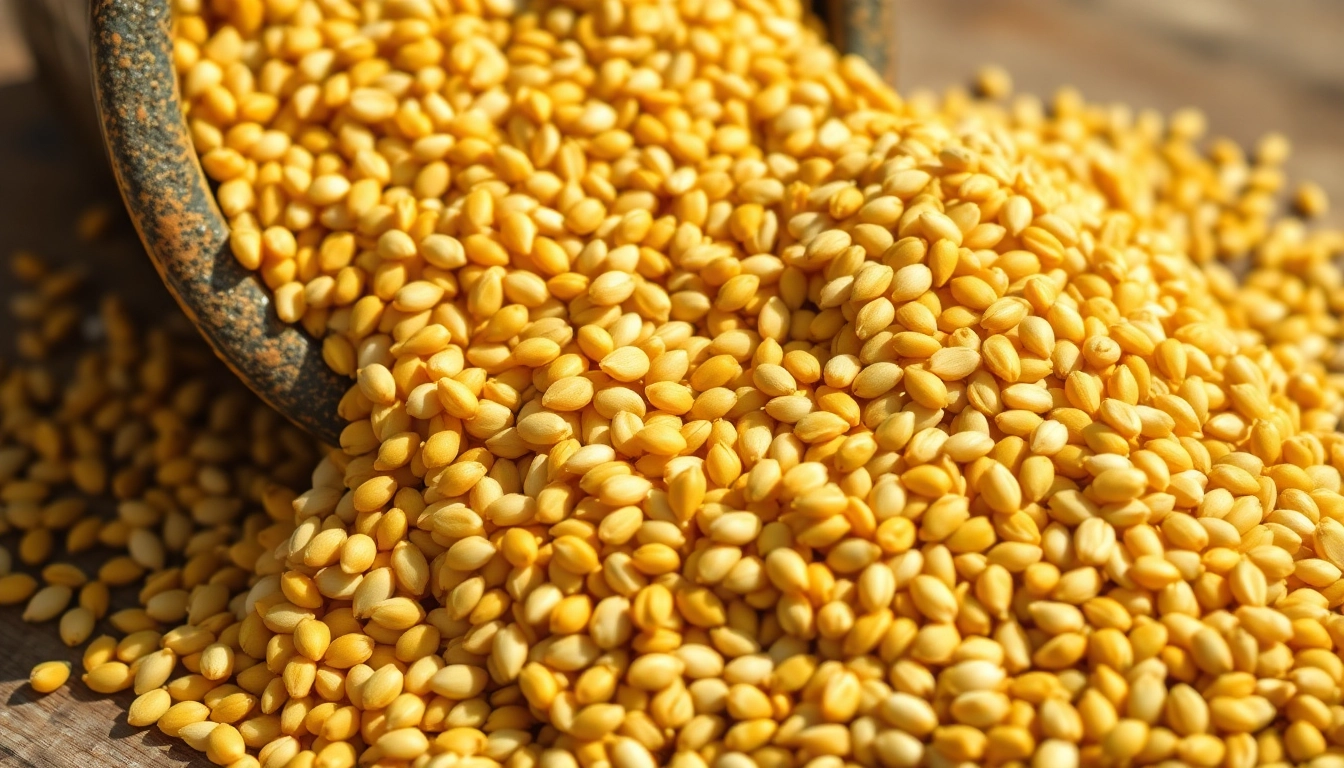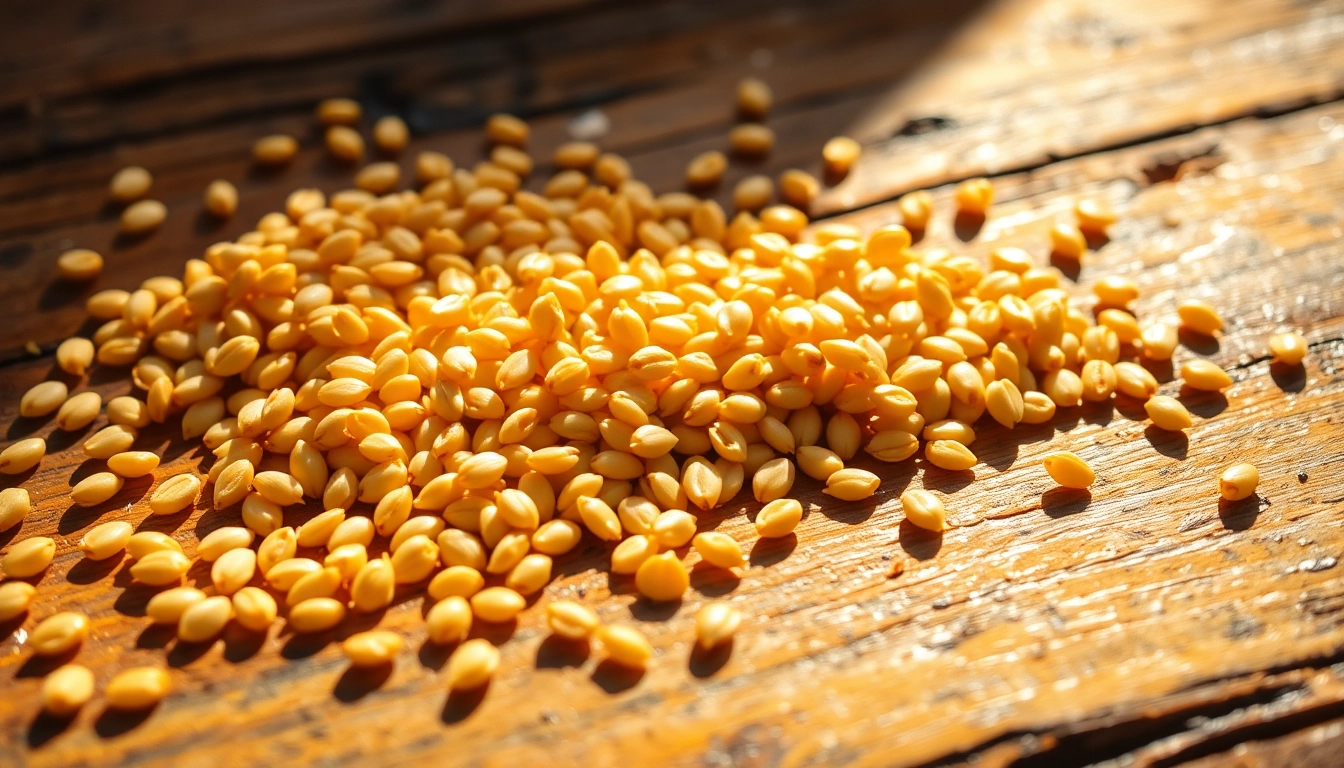The Significance of Fenugreek Seeds in Culinary and Health Applications
Fenugreek seeds have been an integral part of culinary traditions and traditional medicine systems for centuries. Known for their aromatic flavor and powerful health benefits, these seeds are a staple in Indian cuisine, Middle Eastern dishes, and beyond. Their unique aroma, which resembles maple and caramel notes, makes them a preferred ingredient in spice blends, pickles, and savory dishes. Beyond their culinary appeal, fenugreek seeds are celebrated for their medicinal properties, including aiding digestion, controlling blood sugar levels, and enhancing lactation in new mothers. For those seeking authentic, high-quality fenugreek seeds, understanding their origins, varieties, and best usage practices is essential, especially from a trusted manufacturer like Spice Nest, renowned for its certified, premium products.
To explore our extensive range of Fenugreek Seeds, visit our website and discover sourcing options tailored for bulk buyers and individual consumers alike.
Understanding Fenugreek Seeds and Their Origins
Historical Uses and Cultural Significance of Fenugreek Seeds
Historically, fenugreek seeds trace their roots to ancient Egypt, India, and the Mediterranean region. They have been used in traditional Ayurveda and Unani medicines, where they are valued for their various therapeutic properties. In India, fenugreek has a revered status, often used in religious rituals and daily cuisine, particularly in regional specialties like Punjabi, Gujarati, and Rajasthani cuisines. Its presence at major food exhibitions worldwide underscores its importance as an authentic and versatile ingredient. Historically, fenugreek was also used for embalming and medicinal preparations due to its antimicrobial properties, which continue to be relevant today.
Different Varieties of Fenugreek Seeds Available in the Market
There are primarily two types of fenugreek seeds: yellowish-brown larger seeds and smaller, more pungent varieties. Some regions produce specific strains known for their aromatic qualities, while others are cultivated for yield and robustness. Organic, non-GMO, and certified seeds are increasingly popular in the international market, ensuring purity and health benefits. High-quality varieties, such as those supplied by Spice Nest, are sourced from trusted farms with sustainable cultivation practices, ensuring consistency and premium standards.
Key Nutritional Benefits of Fenugreek Seeds for Health Enthusiasts
Fenugreek seeds are nutritional powerhouses, rich in dietary fiber, protein, vitamins, and minerals like iron, magnesium, and manganese. They are especially renowned for their ability to regulate blood sugar levels, making them a popular supplement among diabetics. Additionally, fenugreek promotes digestive health, reduces inflammation, and supports lactation in breastfeeding women. Their antioxidant properties help combat free radicals, contributing to overall wellness. For health-conscious consumers, incorporating fenugreek seeds into daily diets can be a natural way to boost immunity, improve digestion, and promote metabolic health.
How to Choose Quality Fenugreek Seeds
Looking for Appearance and Aroma Indicators of Freshness
Fresh fenugreek seeds should have a uniform golden-brown hue, with a glossy appearance. The aroma is a key indicator—premium seeds emit a strong, aromatic smell reminiscent of maple syrup or caramel, signaling freshness and proper drying. Avoid seeds that are dull, shriveled, or have an off-putting odor, which may indicate old or adulterated stock.
Recognizing Authentic Versus Adulterated Seeds
Authentic fenugreek seeds are free from fillers, dust, and extraneous impurities. Counterfeit or adulterated seeds often have a mixed appearance, contain chalky or plastic-like additives, or lack the characteristic aroma. Ensuring traceability, certification, and sourcing from reputable suppliers like Spice Nest guarantees product authenticity. Certifications such as ISO, Organic, or GMP further assure quality and purity.
Best Packaging and Sourcing Practices for Bulk Purchase
Opt for hermetically sealed, food-grade packaging that protects against moisture, pests, and contamination. Packaging should include clear labels detailing origin, grade, and best-before dates. For bulk sourcing, establishing direct trade relationships with certified farms and manufacturers ensures quality consistency and competitive pricing. Spice Nest’s transparency in sourcing and quality assurance makes it a trusted exporter for global buyers.
Cooking and Culinary Applications of Fenugreek Seeds
Popular Recipes Utilizing Fenugreek Seeds in Indian Cuisine
Fenugreek seeds are foundational in many Indian dishes such as “Dal,” “Sambhar,” and “Vegetable curries.” They often serve as a tempering agent—fried briefly in oil with mustard seeds and curry leaves—to release their aroma. Additionally, fenugreek powder is used in spice blends like garam masala and sambar powder. Pickles, chutneys, and bread such as parathas frequently incorporate these seeds for authentic flavor profiles.
Tips for Grinding and Incorporating into Spice Blends
To maximize their flavor, dry roast fenugreek seeds on medium heat until fragrant, then grind to a fine powder using a mortar and pestle or spice grinder. Store powdered fenugreek in an airtight container away from sunlight. Incorporate this powder into spice mixes or directly into recipes to enhance aroma and health benefits.
Combining Fenugreek Seeds with Other Spices for Maximum Flavor
For complex, layered flavors, combine fenugreek seeds with cumin, coriander, turmeric, and chili powder. This blend is essential for traditional curry powders, masalas, and spice rubs. Using freshly prepared spice mixes ensures vibrant aroma and distinct taste, elevating traditional dishes.
Health Benefits and Usage Tips for Fenugreek Seeds
Incorporating Fenugreek Seeds into the Daily Diet for Wellness
Adding soaked or roasted fenugreek seeds into breakfast cereals, salads, or smoothies can provide sustained health benefits. Many health enthusiasts prefer consuming dried seeds or ground form in small quantities, such as a teaspoon per day. Incorporating fenugreek into daily routines supports digestion, blood sugar management, and even skin health.
Preparing Herbal Teas and Supplements with Fenugreek Seeds
Fenugreek seeds can be boiled in water to prepare herbal teas that aid digestion and boost metabolism. For supplements, fenugreek capsules and powders are available in health stores. Always consult healthcare professionals for appropriate dosages, especially for pregnant women or individuals on medication.
Cautions and Recommended Dosages for Different Health Goals
While fenugreek offers numerous health benefits, excess consumption may cause gastrointestinal discomfort or allergic reactions. Pregnant women should consult their doctor before supplementing. Standard doses range from 1-2 grams daily for health maintenance, but personalized advice is recommended for therapeutic uses.
Market Trends and Export Opportunities for Fenugreek Seeds
Current Demand and Global Export Markets
The global demand for fenugreek continues to rise, driven by increasing awareness of its health benefits and diverse culinary uses. Major importers include Middle East, Europe, North America, and Southeast Asia. India remains the leading producer and exporter, with reputable companies like Spice Nest exporting certified, high-quality seeds to international markets.
Quality Standards and Certifications for International Trade
Exporters must adhere to strict international quality standards such as ISO, AGMARK, and organic certifications. Ensuring traceability, purity, and proper packaging aligns with buyer expectations. Certifications also facilitate entry into premium markets like European Union and North America, where food safety standards are rigorous.
Future Outlook and Growth Strategies in the Fenugreek Seeds Sector
As organic and health foods gain popularity worldwide, the fenugreek market is poised for steady growth. Companies investing in sustainable farming, organic certification, and quality assurance will enhance competitiveness. Expanding product range, including fenugreek in processed foods, health supplements, and spice blends, can open new revenue streams. Market differentiation through branding, quality, and certifications remains key.

